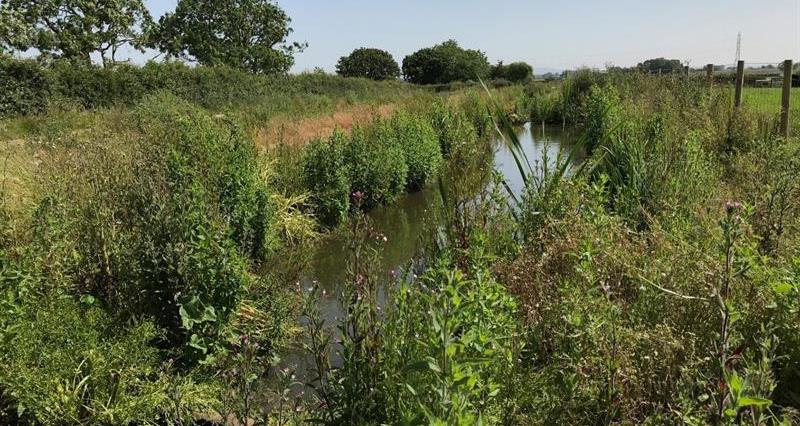The case law – known in policy circles as ‘Dutch N’ – has, essentially, led the government’s nature regulator, NE (Natural England), to be more cautious about the likely impact of new development on some designated, sensitive habitats when advising on planning applications.
The 2018 European Union Court of Justice ruling now known as the Dutch Nitrogen case related to activities in the Netherlands which were having a deteriorative effect on EU protected habitats.
Nutrient neutrality explained
Currently across impacted catchments, Natural England, as the regulator will only sign off a planning application if it is confident that the proposed development will not add any additional nutrients to the habitat.
Additional nutrients from a new development can be offset by mitigating existing nutrient losses to the same habitat, which may support a successful, nutrient-neutral planning application.
Update 29 August 2023 – changes to regulations for House Building
On 29 August 2023, the government announced plans to alter existing EU legislation to remove the requirements of nutrient neutrality across affected catchments in England for housebuilders.
“The slurry infrastructure grant is a popular scheme and it’s good to see the government listening to our calls for more funding to be made available. However, planning remains a barrier for many people in accessing this grant.”
NFU Deputy President Tom Bradshaw
